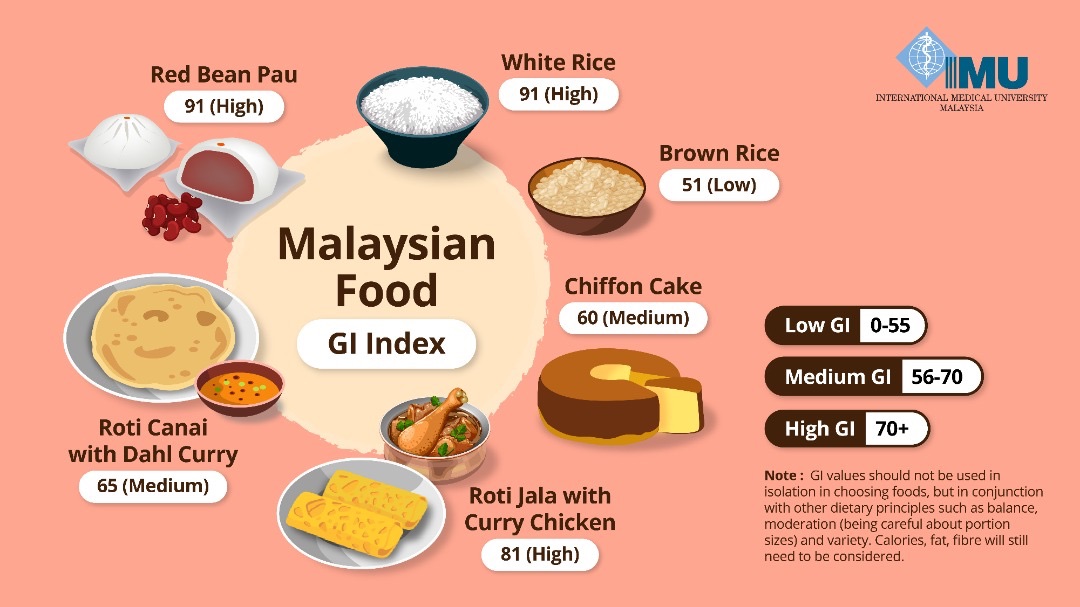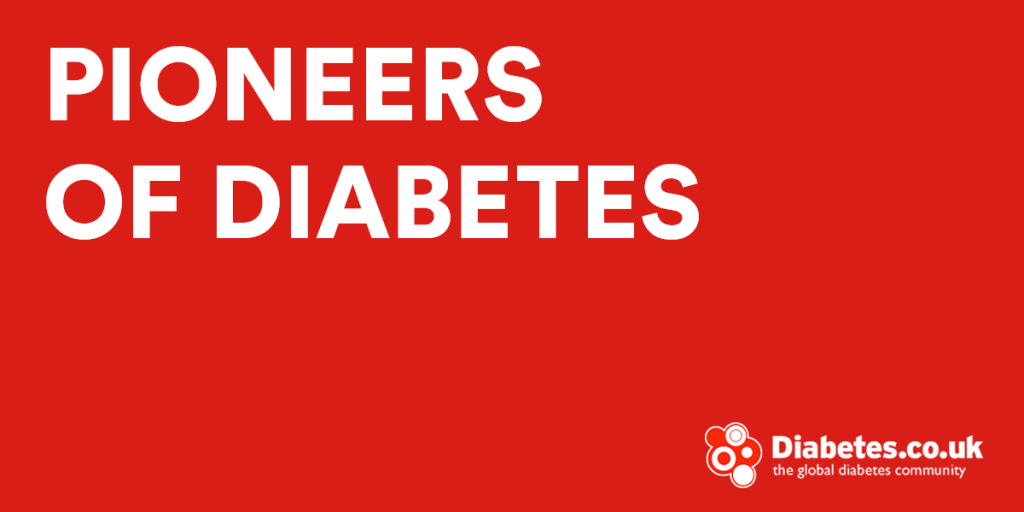The American Diabetes Association takes millions from companies that stand to profit from our reliance on drugs. Is that affecting their For a glimpse into how big business influences the $4tn US healthcare system, look no further than the world’s most powerful diabetes advocacy and research non-profit, the American Diabetes Association (ADA).Diabetes afflicts 38 million […]
One of the most common challenges that people all over the world face is that of eating healthy and controlling our meal portions. Some of us struggle with it to help with weight issues, others have to keep an eye on their food intake for particular health conditions. Others just want to maintain a healthy
“THE METHOD OF SCIENCE IS THE METHOD OF BOLD CONJECTURES AND INGENIOUS AND SEVERE ATTEMPTS TO REFUTE THEM,’ SAID KARL POPPER, THE DEAN OF THE PHILOSOPHY OF SCIENCE. POPPER ALSO NOTED THAT AN INFINITE NUMBER OF POSSIBLE WRONG CONJECTURES EXIST FOR EVERY ONE THAT HAPPENS TO BE RIGHT. THIS IS WHY THE PRACTICE OF SCIENCE
Meat is essential for warding off depression and anxiety, a top nutrition expert has revealed, sending a blow to veganism. Dr Georgia Ede, a Harvard-trained nutritional and metabolic psychiatrist and author of Change Your Diet, Change Your Mind, studies the relationship between what we eat and our mental and physical health. And despite the health halo that vegan
The first major evolutionary change in the human diet was the incorporation of meat and marrow from large animals, which occurred by at least 2.6 million years ago.
William Banting is known for the being the first person to promote the benefits of a low-carb diet , which was originally referred to as the “Banting diet”. Almost 150 years after his renowned booklet ‘ Letter on Corpulance, Addressed to the Public ’ was published in 1863, the Banting diet has been backed up
Sunlight and serotonin We’re used to hearing about how too much of the sun’s warm rays can be harmful to your skin. But did you know the right balance can have lots of mood-lifting benefits? Sunlight and darkness trigger the release of hormones in your brain. Exposure to sunlight is thought to increase the brain’s
There’s a reason we call certain foods “comfort foods” ― they have the power to temporarily elevate our spirits. But is there any science behind certain ingredients’ ability to affect our emotions? “The term ‘comfort foods’ is code for foods that spike your blood sugar and dopamine levels, which can bring a quick, temporary sense
Can Food Actually Lift Your Mood When You’re Feeling Down?Read More »
Meat is good for you. There are experts who might disagree with me, and many researchers continue to search for evidence linking meat to heart disease, for example. But as a Harvard-trained, board-certified psychiatrist specializing in nutritional and metabolic psychiatry, I’ve long been curious about the relationship between food and brain health, as well as overall













